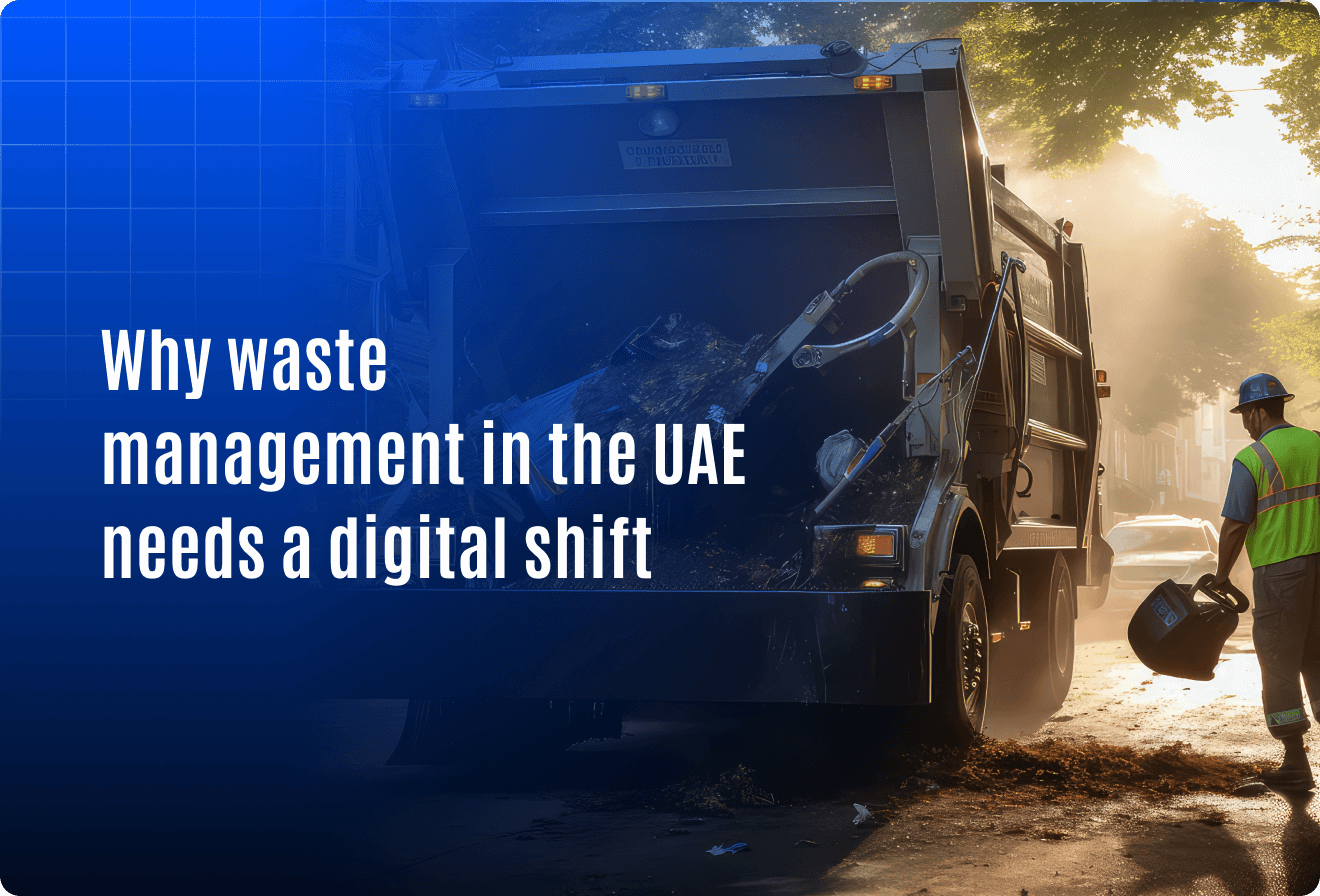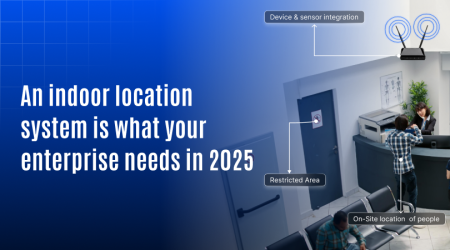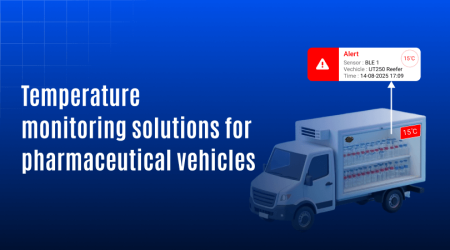Why waste management in the UAE needs a digital shift

Waste management is becoming one of the most critical public service challenges in the Middle East region. With rapid urban growth, rising tourism, and increasing construction activity, cities are under pressure to manage more waste, more often, with fewer delays and better oversight.
From the United Arab Emirates to Saudi Arabia and Oman, the need for faster and more accountable waste operations is growing. The UAE alone produces over 8 million tons of municipal waste annually, and Saudi Arabia crosses 15 million tons. Traditional methods, including manual tracking, paper-based reports, and reactive service delivery, are no longer enough.
Governments across the country are now using digital tools to track, report, and resolve waste more efficiently. This shift goes beyond technology it helps build cleaner cities, achieve environmental goals, and ensure that waste collection tasks are completed correctly and on time.
In this article, we explore how cities are making this shift and which solutions are already transforming operations on the ground.
Challenges in waste management across the UAE
Even with strong infrastructure and funding, many cities still struggle to manage waste efficiently. These are not small issues; they directly affect how clean the city stays, how fast teams respond, and how confident citizens feel in the system.
Here are the core problems municipalities are facing today:
- Manual record-keeping
Logs, reports, and checklists are still handled on paper in many areas, leading to errors and slow updates. - No real-time tracking
Cities often don’t know where collection vehicles are or if they’ve completed their assigned tasks. - Unclear service delivery
Missed pickups or late arrivals happen often, especially in large residential or expanding urban zones. - No proof of task completion
Without digital evidence, it’s hard to confirm if a contractor did the job as agreed. - Disconnected systems
Operations teams, supervisors, and drivers often work without a shared dashboard to coordinate tasks. - Weak citizen response
Complaints or service requests from residents get lost or delayed, damaging public trust.
These gaps make it difficult for municipalities to meet performance goals, manage contracts, and deliver consistent service, especially at scale.
What’s making waste collection software a more reliable choice
To fix the day-to-day issues in waste collection, missed routes, delayed updates, and weak accountability, cities are turning to digital systems. These tools are helping municipalities monitor tasks, reduce confusion, and prove that services are delivered as promised.
Here’s how it’s already working in places like the UAE:
- Daily task planning for each vehicle and driver
Every collection job is planned and assigned digitally. Additionally, it avoids missed routes and helps teams stay focused on priority areas. - Photo evidence of collection activity
Drivers take time-stamped photos at collection points. These serve as proof that bins were cleared, making contractor tracking more transparent. - Attendance and route access via mobile app
Waste collectors mark attendance from their phones and follow mapped routes. Supervisors can check who’s working, where, and when, in real time. - Quick issue reporting with pictures
Blocked access, missed bins, or overfilled containers are reported on the spot. Field teams upload images so action can be taken faster. - Trip history and vehicle movement replay
Each trip is recorded and can be reviewed later. Additionally, it helps verify completed work, settle disputes, and improve future planning. - Citizen support and complaint tracking
Residents use a dedicated app to send feedback or raise issues. This gives the public a voice and builds trust in local services. - Reports in Arabic and English for easy review
Monthly summaries and contractor evaluations are generated automatically, ready for municipal audits or internal reviews.
Together, these tools are helping cities move from reactive waste collection to a more organized and reliable system. Municipal teams get visibility. Contractors stay accountable while citizens get better service.
Why the government is prioritizing digital waste management in the UAE
For governments across the Middle East region, upgrading waste systems isn’t just about keeping cities clean. It’s also about meeting national goals, following new environmental policies, and improving transparency in public services.
Each country has its own vision. But one thing is common: they all need data, visibility, and control.
In the UAE, municipalities are expected to meet national sustainability targets. To do that, they must monitor every part of the collection process, from daily job completion to contractor performance. That’s why digital waste systems are now part of city-level planning.
Digital tools not only improve day-to-day operations but also help cities stay compliant, prepare audit-ready reports, and maintain stronger relationships with contractors and citizens.
Conclusion: What’s next for waste management in the UAE
Across the UAE, cities are taking clear steps to modernize waste operations. Moreover, with growing demands and tighter regulations, digital systems are becoming essential.
Municipalities want results they can track, tasks they can verify, and services they can trust. Moreover, the tools to deliver that are already being used across the region.
For solution providers, system integrators, and city partners, the path forward is clear: to build solutions that solve problems on the ground and support the goals set by governments.




